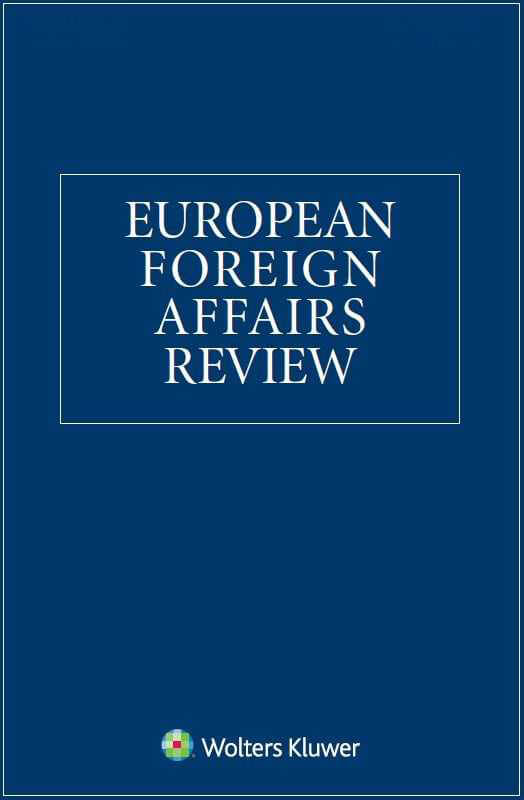Home > All journals > European Foreign Affairs Review > 27(1) >

$15.00 - Rental (PDF) *
$29.00 - Article (PDF) *
Florian Keller, Benedikt Zoller-Rydzek
European Foreign Affairs Review
Volume 27, Issue 1 (2022) pp. 127 – 154
https://doi.org/10.54648/eerr2022008
Abstract
The main goal of this article is to identify which aspect of trade drives positive attitudes towards the trading partner country. Whereas research has shown a positive influence of trade already, it is not clear whether total trade, trade balance, exports or imports is the best variable to predict attitudes. Furthermore, we investigate whether different sorts of the traded good do impact attitudes differently. As attitudes are formed on an individual level, we estimate that goods whose origins are visible to the individual customer do have greater impact than goods with no visible origins. In our analysis we use data from the Global Attitudes Survey from the Pew Research Center to measure attitudes towards the European Union (EU) and data from UN Comtrade to measure trade with the EU. Our results show that imports from and total trade with correlate significantly with attitude towards the EU, whereas exports to the EU and the bilateral trade balance do not. Given that imports are a part of total trade, we argue that imports are the best variable to predict attitudes. Additionally, we found that it is the import of differentiated goods that impacts attitudes whereas the import of homogeneous goods does not. We argue therefore that positive attitudes towards a trading partner are driven by individual experiences of consumers with products from the respective countries.
Keywords
Trade, Attitude, Soft Power, Exports, Peace
Extract
